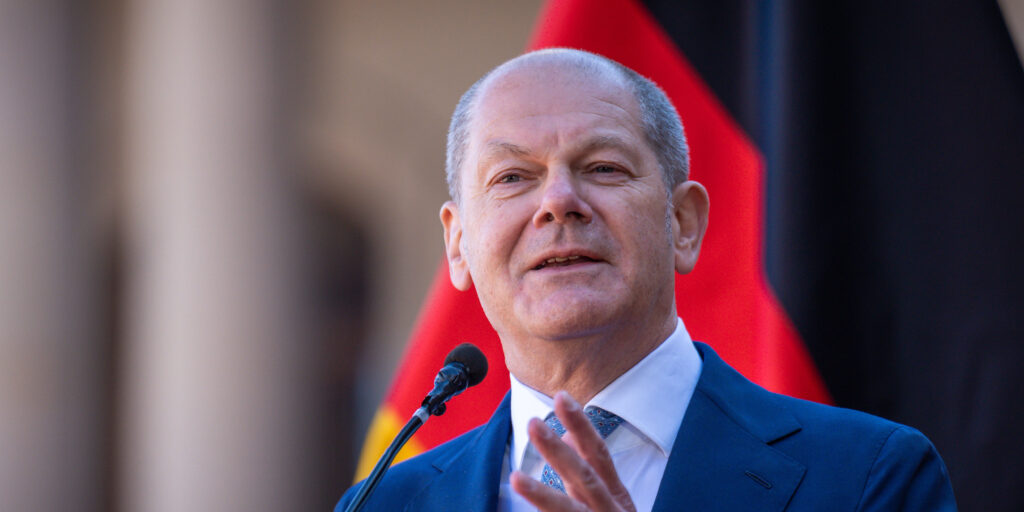Germany Allocates $3 Billion to Help Industries Cut Carbon Emissions

Key Impact Points:
- Germany allocates $3.1 billion to support 15 industrial companies in decarbonization efforts.
- The subsidies target sectors like glass, paper, and chemicals, aiming to reduce 17 million metric tons of emissions.
- The 15-year contracts will compensate companies for the extra costs of climate-friendly production.
Why it matters:
Germany, aiming to become climate-neutral by 2045, is taking bold steps to decarbonize its industries. The government’s $3.1 billion subsidies will support industrial companies in transitioning to greener production methods, reducing emissions in energy-intensive sectors like chemicals, glass, and paper.
What’s new:
In the first round of “climate protection contracts,” the German government will provide 15-year subsidies to help companies reduce carbon emissions in production. These 15 projects are expected to reduce emissions by 17 million metric tons, contributing to Germany’s overall goal of cutting emissions from 674 million tons in 2023.
Related Article: ECB Reports Significant Reduction in Carbon Emissions from Monetary Policy Portfolios and Expands Climate Disclosures
The big picture:
Critics argue the subsidies are costly and may have limited impact on Germany’s overall emissions. However, Berlin sees the contracts as a temporary lifeline, enabling industries to transition until renewable energy becomes more affordable.
Who benefits:
- Major companies like BASF, Suedzucker, and German subsidiaries of Kimberly-Clark, Saint-Gobain, and Wienerberger are among the beneficiaries.
- The contracts feature flexible funding mechanisms, adjusting for changes in energy and CO2 prices.
What they’re saying:
Economy Minister Robert Habeck remarked:
“Germany is the first EU member state to implement climate protection contracts, positioning us as a leader in industrial decarbonization.”
Looking ahead:
Berlin plans a second round of auctions later this year, with a low double-digit billion euro amount for subsidies to be awarded in 2025. This follows the German government’s adjustment of its funding strategy after a constitutional court ruling limited its use of debt for climate protection.












